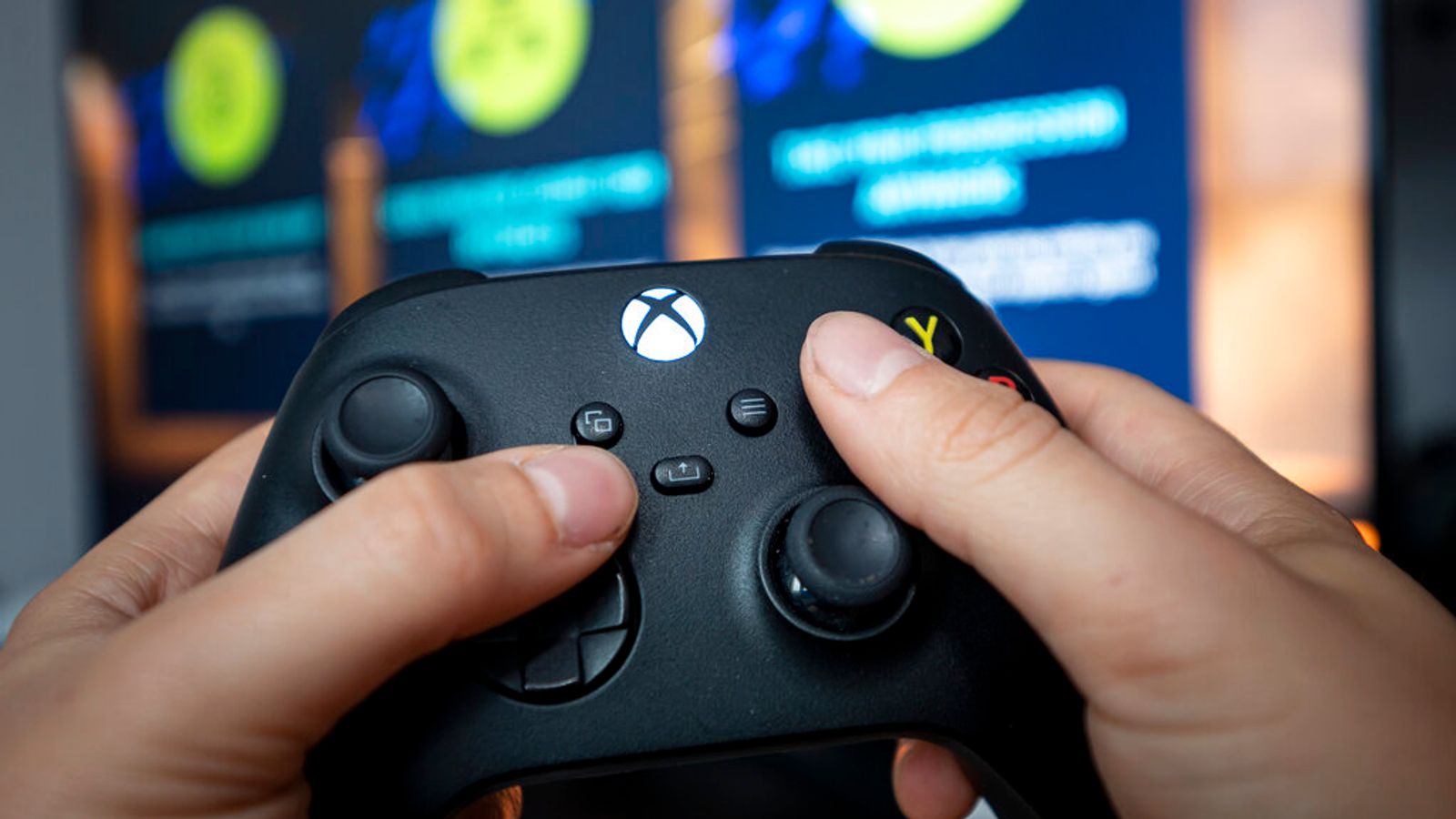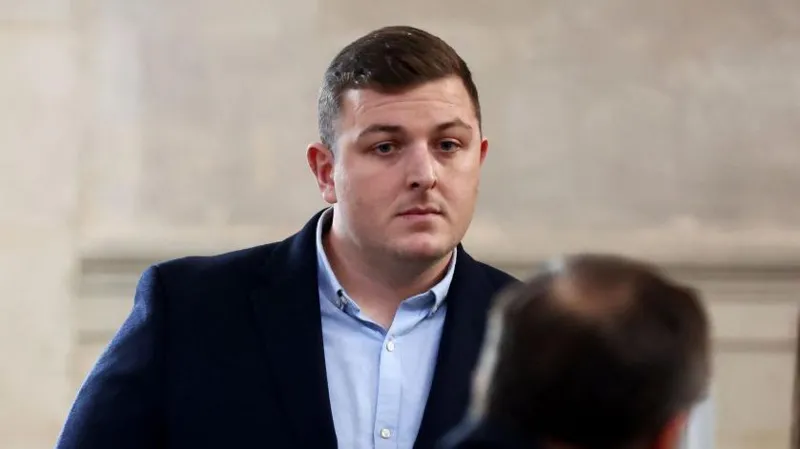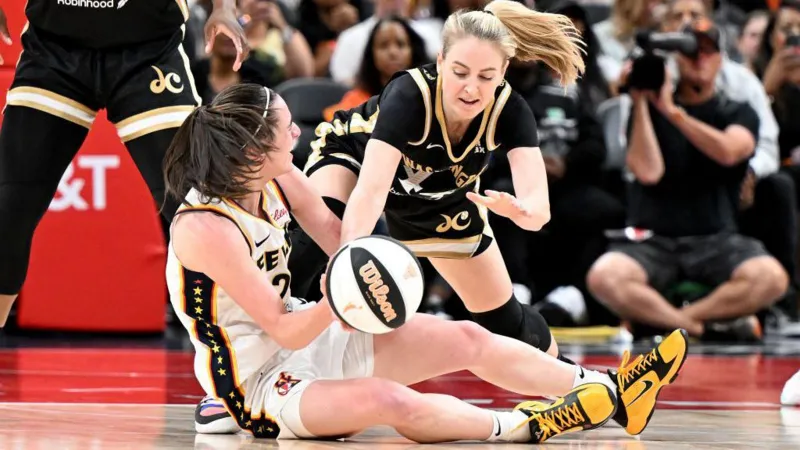NHS treating hundreds of children as young as 13 for gaming disorders
The number of people playing video games increased massively during pandemic lockdowns in 2020 and 2021 - but so did the risk of addiction. Campaigners have previously warned about the dangers of certain modern gaming tropes, such as the loot boxes seen in titles like FIFA.

Hundreds of children are being treated for video game disorders by the NHS, including some who have been driven to attack their own family.
New figures reveal that 745 people have been referred to the National Centre for Gaming Disorders since it opened in October 2019, the only clinic of its kind in the UK.
It has dealt with youngsters who play video games for upwards of 14 hours a day, some avoiding school to do so.
The NHS said there had been cases of children becoming so addicted to gaming that relationships with relatives and friends had broken down, and that some had become violent.
Professor Henrietta Bowden-Jones, the centre's founder and director, warned gaming addiction could "take over and stop them living their normal daily life".
It has been made an official disease by the World Health Organization, which said it can harm "personal, family, social, educational, occupational or other important areas of functioning".
Prof Bowden-Jones said the harm caused "can be significant".
Not only are gamers themselves being treated by the clinic, but so are family members - and the numbers are rising.
The number of people with a gaming disorder receiving help increased by more than half from 2021 to 2022, and relatives getting treatment went up by 46%.
The average age of a gamer seen by the clinic is 17, but some who have been treated are as young as 13.
Some patients have needed more than a year of treatment.
Previous studies have shown playing video games can be beneficial for mental health.
The number of people gaming rose massively during the pandemic, with many turning to consoles to keep up with friends and family while in lockdown.
But the dangers of addiction have grown too, including to specific features like loot boxes - blind packs of digital goodies in popular games like FIFA. The government has regularly faced calls to recognise them as gambling.
Prof Bowden-Jones said early diagnosis of a gaming disorder was key to successful treatment.
She added it was essential not just for those addicted to games, but also family members who are "impacted negatively by someone's excessive gaming".
Patients sent to the London clinic are treated by psychiatrists, psychologists, psychotherapists, and therapists.
Sessions are mostly online and include family consultations, parent workshops, and one-on-one therapy.
Anyone who thinks they require help should contact their GP or refer themselves on the centre's website.
-sky news







